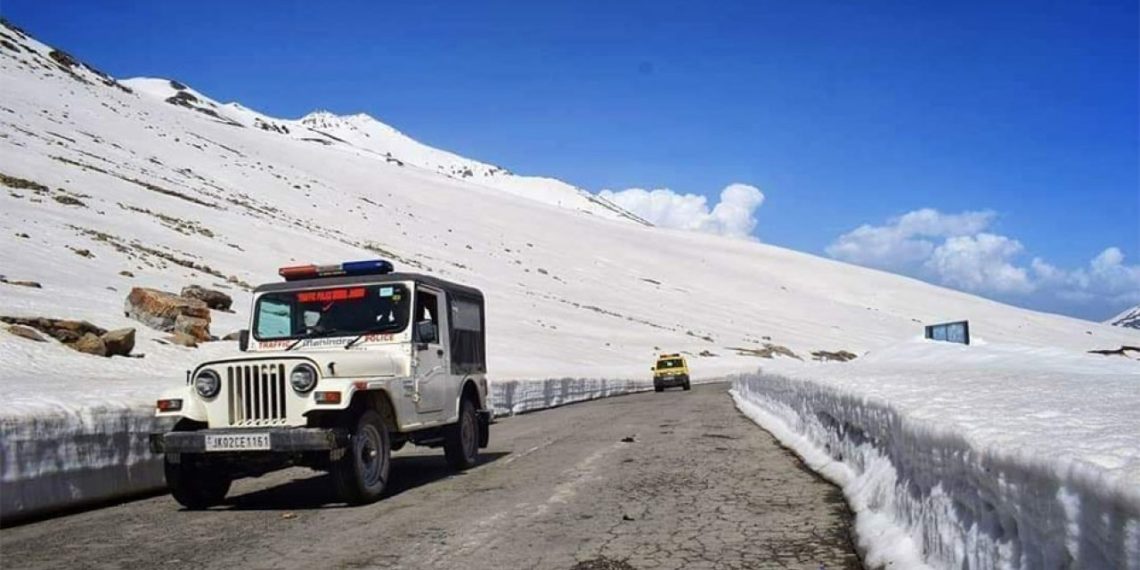Ensuring citizen health and safety is a primary policy initiative for governments worldwide, and promoting road safety is a significant step towards achieving this goal. National Road Safety Week is observed annually from 11th to 17th January, aiming to raise awareness by educating people about the dangers of reckless driving and the importance of road safety. Organised each year by the Ministry of Road Transport and Highways, this week features various awareness programs and initiatives to encourage safer driving practices and thus serves as a pivotal platform to advocate for better enforcement of traffic regulations. Through these efforts, the larger aim is to strive to foster a culture of responsibility and vigilance on the roads, thereby reducing tragic incidents nationwide.
The annual observance of National Road Safety Week underscores a critical need for road safety awareness. Currently, India grapples with significant challenges in this domain, with a high number of road accidents and fatalities reported annually. The country witnessed 168491 fatalities in 2022 due to road accidents, with each subsequent year observing a concerning increase in the count. This escalating trend highlights the urgency for a robust and comprehensive measure to enhance road safety. Initiated in 1989, the 2025 campaign marks the 36th National Road Safety Week. To celebrate and reflect this enduring commitment to the cause, the ministry has extended this year’s observance into a month-long campaign promoting road safety through extensive initiatives and greater public participation.
In the past, the Indian government has undertaken a series of measures under the initiative to improve road safety and reduce accident fatalities. Some of the major steps include the enforcement of stricter traffic laws, which impose severe penalties to deter violations, and public awareness campaigns that educate citizens about safe driving practices. Other measures include infrastructure upgrades, such as improved road conditions and advanced traffic management systems. Additionally, enhanced emergency response services aim to provide timely medical assistance to accident victims.
During last year’s National Road Safety Week celebration, the government emphasised adherence to essential road safety guidelines. These include steps such as following lane discipline, maintaining safe distances, following safe driving practices like wearing seat belts and using helmets to reduce injury risks. Measures were also taken to spread awareness about pedestrian rights and to avoid distractions while driving. Drivers are urged to avoid drunk driving, adhere to speed limits, and respect traffic signals. By promoting these measures and fostering public participation, the government strives to cultivate a culture of safety and responsibility on Indian roads.
The Indian Army also plays a pivotal role in the successful celebration of National Road Safety Week by leveraging its organisational structure, discipline, and extensive outreach. Steps are taken to organise educational workshops and to conduct initiatives demonstrating safe driving practices, first-aid training for accident victims, and lessons on traffic rules. Furthermore, measures are taken to collaborate with schools and colleges in outreach programs to engage younger audiences, emphasizing the long-term benefits of responsible road usage. The Army also conducts large scale awareness drives, such as road marches and rallies, to promote safe driving behaviour. By actively participating, the Army not only supports the broader objective of National Road Safety Week but also strengthens the message that road safety is a collective responsibility vital to national welfare.
National Road Safety Week serves as a vital platform for promoting awareness and fostering a culture of safe road practices in India. As the country continues to face significant challenges in reducing road accidents and fatalities, the sustained efforts of government initiatives, public participation, and institutional collaboration are imperative. As India progresses, integrating advanced technology, promoting public engagement, and strengthening institutional support, such as the involvement of the Army, will be essential. Together, these measures promise a future where road safety is not merely an annual observance but an ingrained national priority, safeguarding lives and advancing the nation’s welfare.


